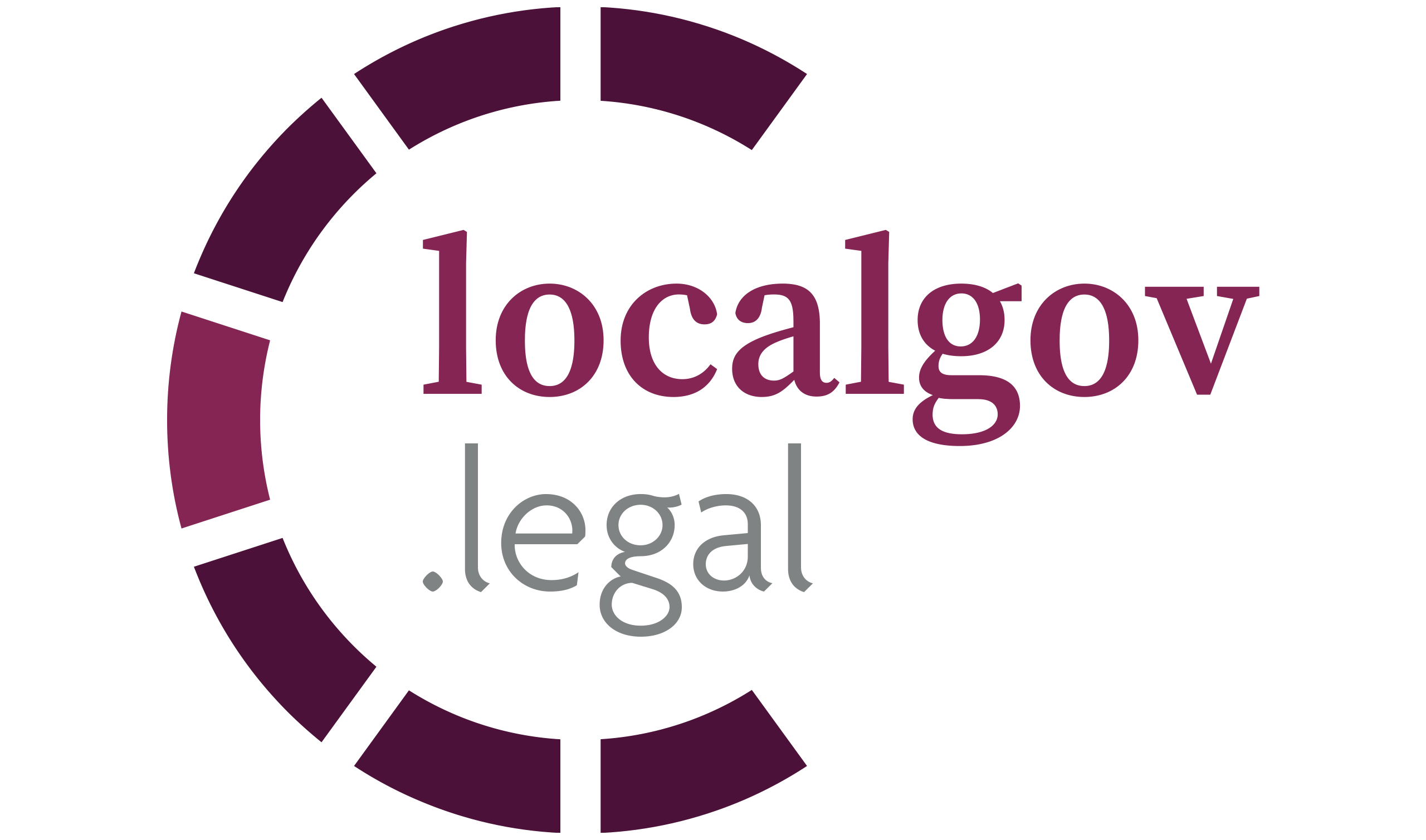The housing data specialist has urged landlords to work with social housing tenants to prevent the spike over a mismatch between rents and housing benefit payments.
Housemark, the UK’s leading housing data expert, has calculated a potential sector-wide increase in rent arrears – the debt when you owe rent to your landlord – of £220m as a result of the mismatch between housing benefit payments and rents this year. The finding has come from the organisations latest monthly Pulse Survey which collected and analysed data from 149 UK social landlords over April 2024.
The housing data expert, which is jointly owned by the National Housing Federation and the Charted Institute of Housing, has also outlined that various landlords and housing sector trade bodies have highlighted that tenants receiving Universal credit will have to cover one week’s rent from alternative income sources this year.
This is due to the way calendar dates fall – the current financial year will have 53 ‘rent weeks’, while Universal Credit housing payments only cover 52 weeks.
Commenting on the news, Jonathan Cox, director of data and business intelligence at Housemark, said: ‘This 53-week problem comes at the worst possible time for tenants, as households continue to face challenges due to the cost-of-living crisis.’
‘As our monthly Pulse Survey revealed last month, fuel poverty is impacting on gas servicing and support agencies are reporting record volumes with depleted budgets and resources,’ Cox continued. ‘While the social housing sector is generally very good at managing and collecting rent arrears, landlords need to continue to monitor the impact of policies, events and circumstances that will push tenants into debt and adversely impact income management.’
In addition, the most recent Pulse report has drawn similarities between the decrease in eviction rates in 2022/23 as corresponding with an increase in rent arrears during the same period. In 2018/19 eviction rates stood at 0.42% but dropped to 0.08% in 2022/23 and rent arrears rose from 2.47% to 3.35%.
This translates to approximately 17,000 fewer evictions annually, with almost no evictions recorded at the height of the pandemic in 2020/21.
Images: Jonathan Cox and maitree rimthong

















Leave a Reply